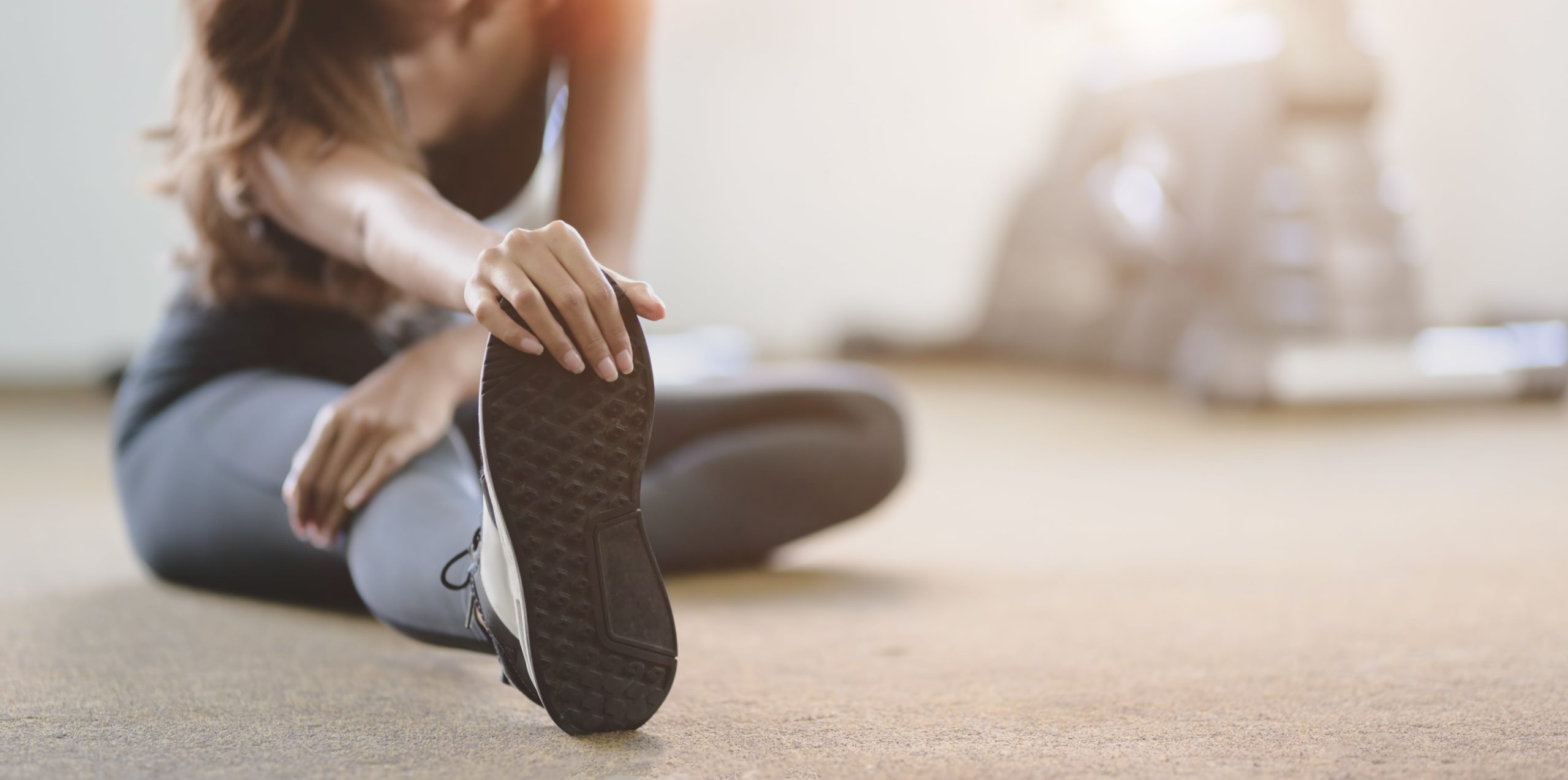The road to recovery involves making several lifestyle changes. For starters, you begin your recovery by undergoing medically supervised detox to purge your body of alcohol or other substances you frequently misused. Next, you need to replace unhealthy behaviors with healthier ones. For example, the importance of exercise in recovery lies in its many benefits, as you will soon see.
The Role of Exercise in Recovery
When you misused alcohol or drugs, your body underwent a series of chemical and physical changes. For example, you placed added stress on your kidneys and liver. Meanwhile, in the brain, many neurotransmitters were depleted and need to be replenished.
You may have also become sedentary, causing your body to lose muscle mass. Another common side-effect of alcohol and substance use disorders is a lowered immune system. Fortunately, exercise can address many of these issues while helping you replace former bad habits with better ones.
Finding Exercises That Work for You
Deciding what exercises will work best for you is essential to your recovery journey. Not everyone will be willing to hit the gym daily to work out. Each person will need to determine what is best for their recovery and what sort of exercise will be the most effective to help them establish a regular exercise routine.
For instance, you may find going for a walk while listening to music very relaxing. You might prefer to swim laps at your local community center or at home in your pool. You could prefer to play sports with other people in recovery who enjoy baseball, football, lacrosse, or basketball.
The bottom line is you need to choose what type of exercises will keep you motivated and interested. It is perfectly acceptable to try out different exercises until you find the ones you like the best. Once you find what works for you, remember to embrace a more active lifestyle and stick with it, even when you may not feel like it.
The Benefits of Exercise in Recovery
Many people are surprised to learn that exercise benefits them not only physically but also mentally, including:
Reduces Depression Symptoms
Regular exercise has been shown to reduce depression symptoms. As you exercise, the neurotransmitter levels in the brain gradually replenish themselves. Once fully restored, they release endorphins, which make us feel good, have a positive mood, and cause a sense of well-being and calmness.
Processes Urges and Cravings
Urges and carvings are common during recovery. Having a positive outlet, like exercise, can help keep your mind engaged to reduce the likelihood of a lapse or relapse. While you exercise, your mind becomes more focused and allows you to apply coping skills to manage your urges and cravings. Plus, exercise helps create a positive distraction taking your mind off the urge or craving.
Helps Control Anxiety and Stress
The same endorphins that help alleviate depression symptoms also help reduce anxiety and stress. The tension and stress you feel will slowly fade as you exercise. Post-exercise, you will feel more energized, relaxed, and calm.
Promotes Mindfulness
Mindfulness is an essential concept that is part of most recovery programs. It is where you focus on specific elements to alleviate the flow of negative thoughts you can experience. For example, when exercising, focus your mind on the movement of your arms or feet. Imagine how your feet feel with each step you take. You can also focus on your breathing or how the sweat feels on your skin.
Strengthens the Immune System
As you regain lost muscle mass, your body will continue strengthening and becoming healthier. Part of this process also boosts the immune system to make your body more capable of fighting off diseases and infections.
Improves Your Mental Processing
You will notice several changes to your mental processing from regular exercise. Your memory and concentration become sharper. You will find that you have more energy that lasts throughout the day. You will also notice a boost in your self-esteem since you feel better about yourself and your progress with your recovery. In short, your mental health improves alongside your physical health when you exercise regularly.
Overcoming Excuses to Avoid Exercise
It is normal to make excuses when you are tired, exhausted, overwhelmed, having a bad day, or feeling down to avoid exercising. However, giving in to these excuses do no good and can cause you to start to backslide slowly.
It is better to get up and move for at least 15 minutes. Something as simple as walking around the block or up and down a flight of stairs is a great way to start. You might notice that, after about 15 minutes, all the excuses you were making start to fade away. You may even decide to go on and do another 15 minutes of exercise once you get going.
Treatment Programs for Detox with Advice on Exercise in Beverly Hills, CA
It is easy to take the first steps to recovery by detoxing from the comfort of your Beverly Hills or Los Angeles, CA home. At MD Home Detox, we offer medically supervised detox programs and can provide you with advice and recommendations about what types of exercises can benefit your recovery. To learn more about our concierge-level detox programs, or to start your detox, contact us today.

